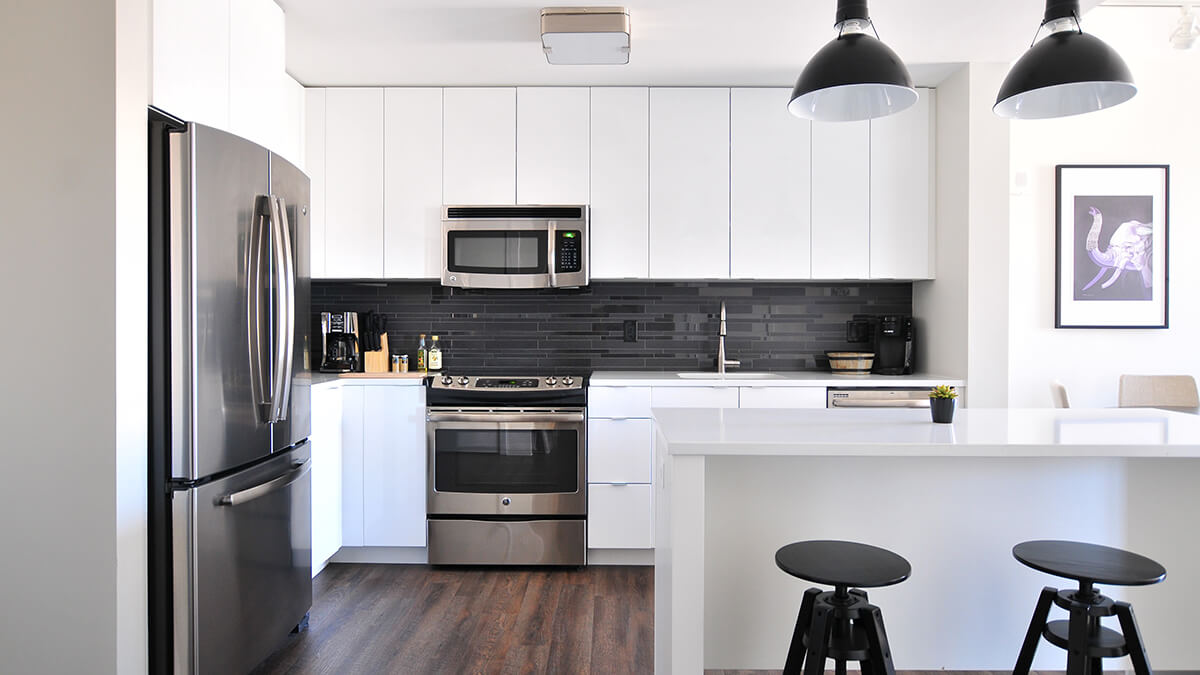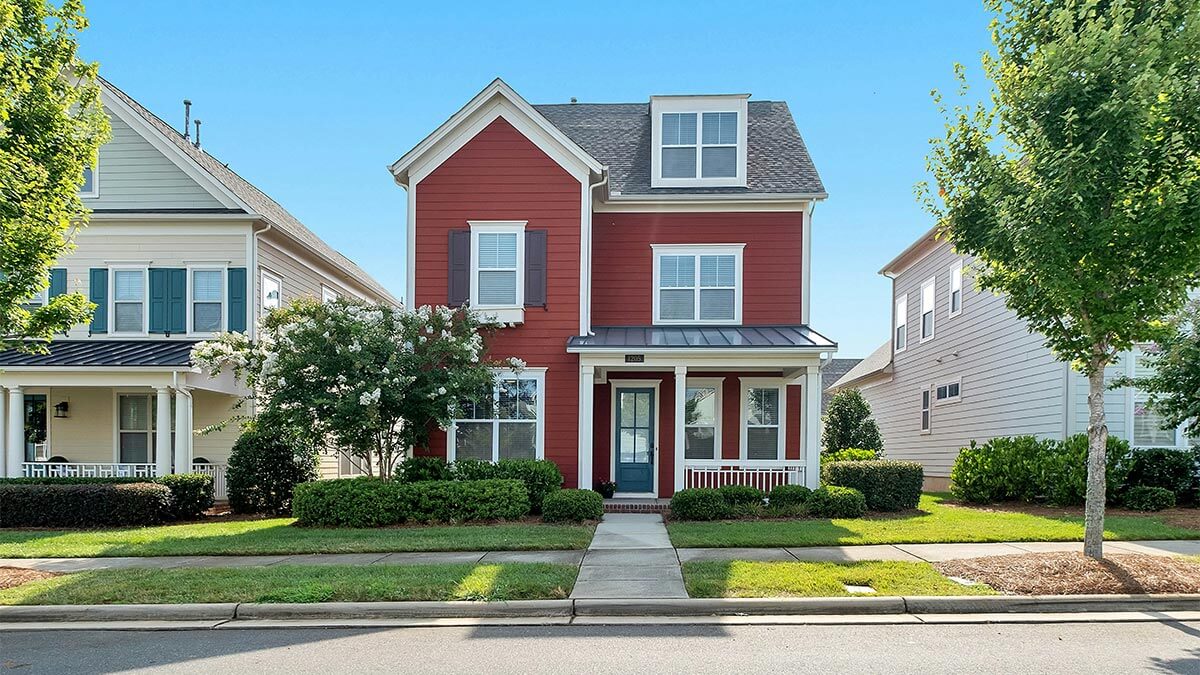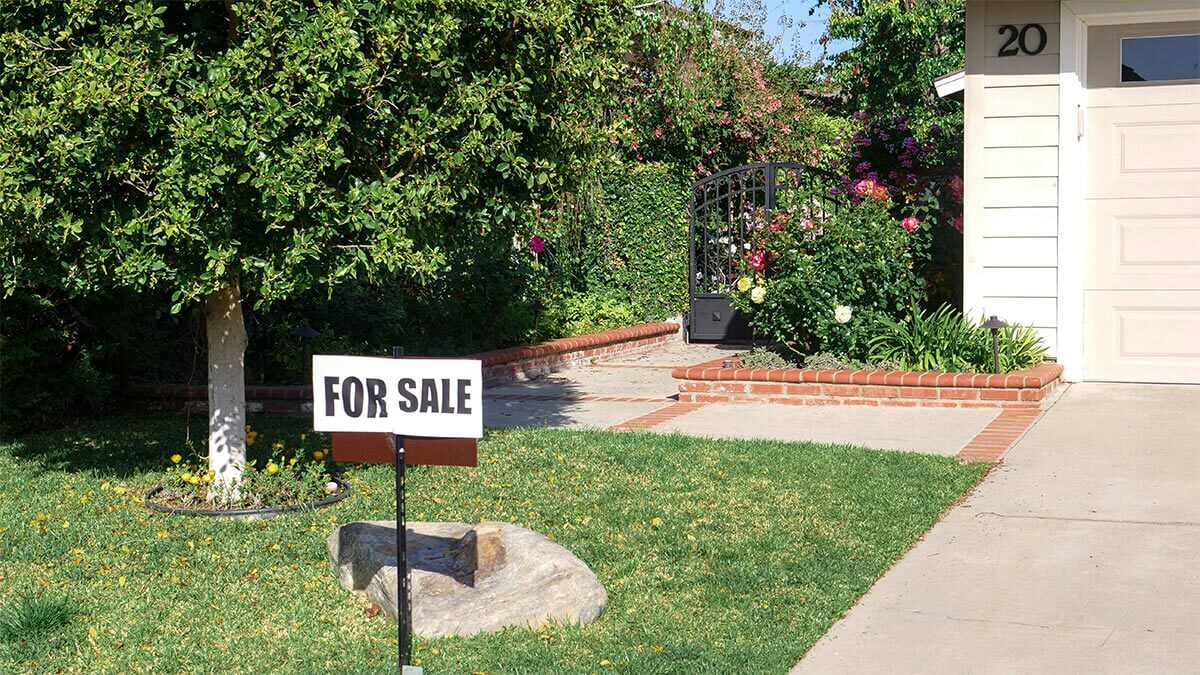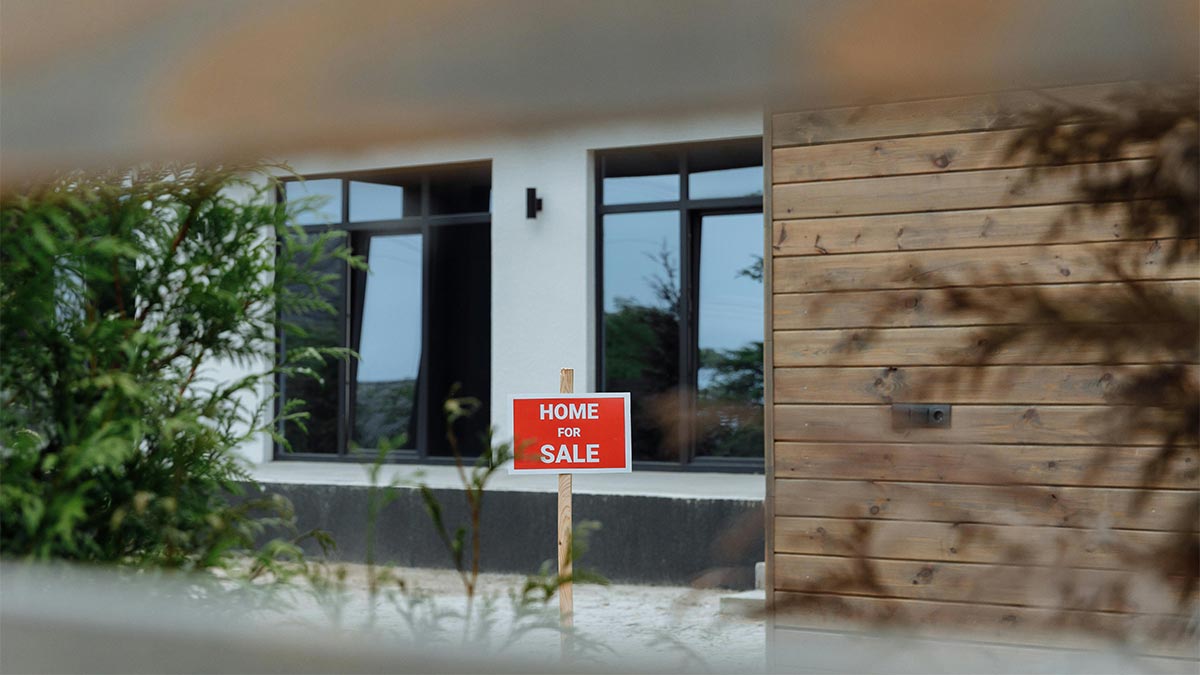Buying a home is a monumental step, and ensuring it’s a sound investment starts with a home inspection. This process helps identify potential issues, so you can make informed decisions before signing on the dotted line. But what about the cost? That’s a common question, and the answer depends on a variety of factors like location, property size, and additional services.
At iBuyer.com, we simplify the home-selling process, providing you with everything you need to navigate it with confidence. That includes helping you understand home inspection costs, so you’re always a step ahead. Ready to learn more? Let’s break it down together.
Compare Cash Offers from Top Home Buyers. Delivered by Your Local iBuyer Certified Specialist.
One Expert, Multiple Offers, No Obligation.
Home Inspection Costs
- What Is a Home Inspection?
- Average Cost of a Home Inspection
- Factors Influencing Home Inspection Costs
- Breakdown of Costs by Home Size
- Age and Location Influence
- Additional Inspection Services and Their Costs
- Why Investing in a Home Inspection Is Worthwhile
- Tips for Choosing a Qualified Home Inspector
- Reilly’s Two Cents
- Conclusion
- FAQ
What Is a Home Inspection?
A home inspection is a professional evaluation of a property’s condition. During this process, a licensed inspector examines critical areas like the foundation, roof, plumbing, electrical systems, and more. The goal? To uncover potential problems that might not be obvious to the untrained eye.
For buyers, a home inspection provides peace of mind, confirming that the home is safe and sound—or revealing issues that could influence the purchase decision. For sellers, it’s a chance to address concerns before listing, potentially boosting buyer confidence and helping the sale go smoothly.
Average Cost of a Home Inspection
The cost of a home inspection typically falls between $300 and $500, but this can vary depending on several factors. This national average gives you a good starting point when budgeting for your home purchase or sale.
Location plays a big role—home inspections in urban areas or high-cost-of-living regions might cost more. Additionally, the size and complexity of the property can impact the price. Larger homes or unique features often require a more detailed review, which may increase the fee.
Factors Influencing Home Inspection Costs
Several factors determine the final cost of a home inspection. Understanding these can help you better estimate what you might pay:
- Size of the Home: Larger homes take more time and effort to inspect, leading to higher fees. For example, a 2,000-square-foot home might cost less to inspect than a 4,000-square-foot property.
- Age of the Home: Older homes often require a more thorough evaluation. Systems like plumbing and electrical might need closer scrutiny, which can increase costs.
- Location: Prices vary by region and city. Inspections in metropolitan areas or places with higher living costs generally come with steeper fees.
- Additional Services: Some inspections go beyond the basics. Tests for radon, mold, termites, or asbestos come at an extra cost, but they’re worth considering depending on the property and location.
Breakdown of Costs by Home Size
The size of your home has a direct impact on the cost of a home inspection. Larger properties take more time and effort to inspect, which is reflected in the pricing. Below is a breakdown of typical costs based on square footage:
| Home Size | Estimated Cost Range |
| Up to 1,000 sq. ft. | $200 – $300 |
| 1,000 – 1,500 sq. ft. | $250 – $350 |
| 1,500 – 2,500 sq. ft. | $300 – $500 |
| 2,500 – 3,500 sq. ft. | $400 – $600 |
| Over 3,500 sq. ft. | $500+ |
Why Size Matters
- Smaller Homes: These inspections are often quicker and simpler since there are fewer rooms, systems, and areas to evaluate.
- Medium-Sized Homes: A standard family home typically falls in this range, requiring a more detailed inspection due to its larger layout and additional systems like HVAC units or detached garages.
- Larger Homes: Homes with over 3,500 square feet may include multiple HVAC systems, extensive electrical panels, and additional features like pools or guesthouses, all of which add to the inspection time and cost.
When scheduling an inspection, be sure to provide your inspector with accurate information about your home’s size to get an upfront estimate.
Age and Location Influence
Age of the Home
The age of the property also plays a significant role. Different types of homes require varying levels of inspection:
- Newer Homes (0-10 years): These properties may have fewer issues, as their systems are still relatively new, which could result in a quicker inspection.
- Mid-Century Homes (30-50 years): Homes built in this period might require closer attention to aging materials like wiring, plumbing, and roofs.
- Historic Homes (50+ years): Older properties often come with unique challenges. Inspectors may need to evaluate original construction methods and materials, which can take more time and expertise, adding to the cost.
Location
Where the home is located can significantly influence the price of an inspection. For example:
- Homes in urban centers or areas with higher living costs may have inspection fees starting at $400 or more.
- In smaller towns or rural areas, inspections may cost closer to $250, depending on local rates and the availability of licensed inspectors.
Additional Inspection Services and Their Costs
Sometimes, a standard home inspection isn’t enough. Depending on the property and its condition, additional specialized services may be required. Here’s a breakdown of common inspection add-ons, what they entail, and their typical costs:
Radon Testing
- What It Is: Radon is a naturally occurring, radioactive gas that can seep into homes through cracks in the foundation. Long-term exposure poses serious health risks, including lung cancer.
- Cost: $100 to $200. This test involves placing devices in the home for a few days to measure radon levels.
Mold Inspection
- What It Is: Mold growth is a sign of moisture issues and can lead to health problems such as allergies or respiratory issues. Inspectors test air quality and examine areas prone to water damage.
- Cost: $200 to $400, depending on the size of the home and extent of testing needed.
Termite Inspection
- What It Is: Termites can cause extensive damage to wooden structures. This inspection looks for signs of an infestation, such as mud tubes or damaged wood.
- Cost: $75 to $150. This is a small price to pay compared to the potential cost of repairs.
Asbestos Inspection
- What It Is: Homes built before the 1980s may contain asbestos in insulation, roofing, or flooring. Asbestos fibers are hazardous when disturbed, so specialized testing is necessary.
- Cost: $400 to $800, depending on the number of samples collected and tested.
Sewer Line Inspection
- What It Is: This inspection uses a camera to check for clogs, cracks, or tree root intrusion in the sewer line—a common problem in older homes.
- Cost: $100 to $300.
Lead-Based Paint Inspection
- What It Is: Homes built before 1978 may have lead-based paint, which can pose health risks, particularly to children. Inspectors use X-ray devices or chemical swabs to test for lead.
- Cost: $300 to $600, depending on the home’s size and the extent of testing.
Why Investing in a Home Inspection Is Worthwhile
A home inspection might seem like an added expense, but it’s one of the smartest investments you can make when buying or selling a property. Here’s why:
1. Identify Issues Early
An inspection can uncover hidden problems like structural damage, electrical issues, or plumbing leaks. Addressing these early can save you thousands in repairs down the road. For buyers, it ensures you’re not purchasing a home with costly surprises. For sellers, fixing problems beforehand can make your property more attractive to potential buyers.
2. Negotiation Leverage
For buyers, an inspection report provides valuable leverage to negotiate repairs or price reductions. If significant issues are found, you can request that the seller address them or lower the asking price. Sellers who provide a pre-inspection report can demonstrate transparency, which can help build buyer trust.
3. Peace of Mind
Whether you’re buying or selling, knowing the true condition of the home reduces uncertainty. Buyers can proceed with confidence, and sellers can avoid last-minute surprises that could derail a sale.
4. A Small Cost Compared to Potential Savings
While an inspection might cost a few hundred dollars, it can potentially save tens of thousands by identifying major issues like foundation cracks, mold, or a failing roof.
5. Support for First-Time Buyers
For those new to homeownership, inspections are an educational opportunity. Walking through the property with the inspector provides insights into maintenance and care, setting you up for success.
Tips for Choosing a Qualified Home Inspector
Selecting the right home inspector is just as important as the inspection itself. A thorough, reliable inspector ensures you get an accurate assessment of the property. Here are some tips to help you make the right choice:
1. Check for Certifications and Licenses
Look for inspectors who are certified by recognized organizations like the American Society of Home Inspectors (ASHI) or the International Association of Certified Home Inspectors (InterNACHI). These certifications indicate the inspector has met rigorous training and professional standards.
2. Read Reviews and Ask for References
Search for online reviews or testimonials about the inspector’s services. You can also ask for references from past clients to get a sense of their thoroughness and professionalism.
3. Inquire About Experience
If the property has unique features—like historic architecture or complex systems—ensure the inspector has relevant experience. Ask how many inspections they’ve conducted for homes similar to yours.
4. Review a Sample Report
Request a sample inspection report to understand the level of detail they provide. A good report should be easy to read, include photos, and clearly outline any issues.
5. Ask About Insurance
Verify that the inspector carries both professional liability insurance (errors and omissions) and general liability insurance. This protects you if they miss something or if damage occurs during the inspection.
6. Don’t Go Solely on Price
While affordability is important, choosing an inspector based on the lowest price can lead to subpar work. Look for someone with a strong reputation, even if their fees are slightly higher.
7. Attend the Inspection
A great inspector welcomes buyers or sellers to attend the inspection. This gives you a firsthand look at any issues and a chance to ask questions in real-time.
Reilly’s Two Cents
Buying and selling homes has taught me one key lesson: a home inspection is never optional. From my personal experience, I’ve seen how these inspections can save you money, time, and heartache. Here’s what I’ve learned along the way:
The Value of Inspections
During one purchase, an inspection revealed a minor roof leak. It seemed small, but the repair quote was over $1,500! Thanks to the inspection, I negotiated with the seller, saving money and stress. Without it, I might’ve faced bigger issues later on.
Practical Tips
- Budget for It: Always include the cost of a home inspection in your financial planning. It’s a small price for peace of mind.
- Ask Questions: During the inspection, don’t hesitate to ask about any concerns. Inspectors are there to explain, and their answers can help you understand potential fixes.
- Review the Report Thoroughly: When you get the inspection report, read it carefully. Highlight key concerns and discuss them with your real estate agent to decide on next steps.
A Worthwhile Investment
Time and time again, home inspections have proven their value in my transactions. They bring clarity, confidence, and often, a chance to save money. Whether you’re buying or selling, make the inspection a priority—it’s worth every penny.
Conclusion
Understanding the cost and value of a home inspection is essential for anyone buying or selling a property. From identifying hidden issues to offering peace of mind, inspections are an investment that can save you significant money and stress in the long run.
Remember, factors like the size, age, and location of the home, as well as optional services, can influence the cost. By budgeting appropriately and choosing a qualified inspector, you can ensure the process is smooth and informative.
At iBuyer.com, we’re here to help simplify every step of your real estate journey. From understanding inspection costs to navigating the selling process, we’re committed to making your experience stress-free. Start with confidence—let iBuyer.com guide you to success!
Instant Valuation, Confidential Deals with a Certified iBuyer.com Specialist.
Sell Smart, Sell Fast, Get Sold. No Obligations.
FAQ
A standard inspection typically includes an evaluation of the roof, foundation, electrical systems, plumbing, HVAC systems, windows, doors, and overall structural integrity. Inspectors also check for signs of water damage, pests, and general maintenance issues.
The process usually takes 2 to 4 hours, depending on the size and condition of the home. Larger or older homes with additional features may require more time.
In most cases, the buyer pays for the inspection as part of their due diligence during the purchasing process. However, sellers sometimes arrange pre-inspections to address potential issues before listing their property.
Technically, homes don’t “pass” or “fail” inspections. The report highlights the property’s condition, detailing any issues. It’s up to the buyer and seller to decide how to address these findings during negotiations.
Home inspections are not legally required but are highly recommended. In some cases, such as with certain loan types (like FHA or VA loans), lenders may require an inspection or related assessments.
Reilly Dzurick is a seasoned real estate agent at Get Land Florida, bringing over six years of industry experience to the vibrant Vero Beach market. She is known for her deep understanding of local real estate trends and her dedication to helping clients find their dream properties. Reilly’s journey in real estate is complemented by her academic background in Public Relations, Advertising, and Applied Communication from the University of North Florida.




